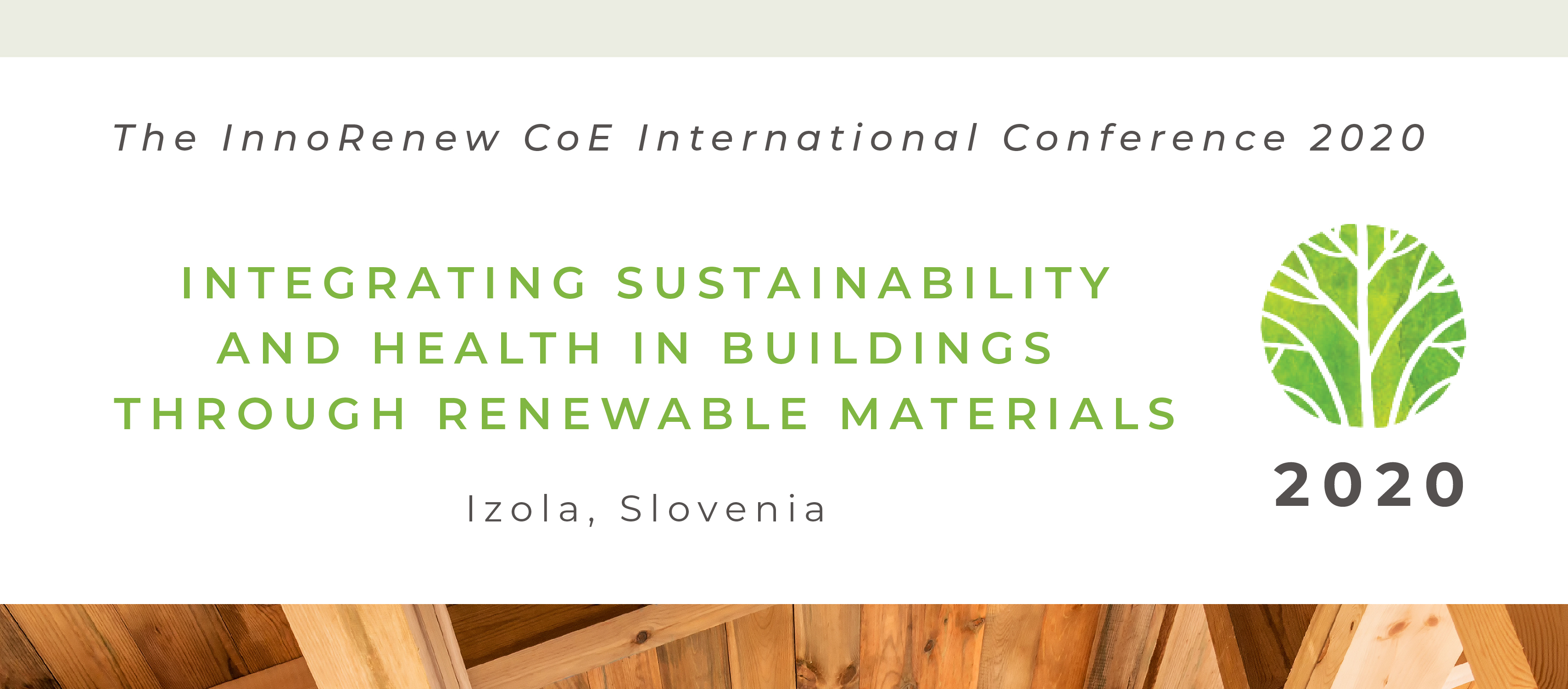Speaker
Description
Wood is a versatile, natural and environmentally friendly material that has attracted attention for sustainable building for many years. However, wood is susceptible to deterioration during weathering and biological attacks, and, therefore, wood products require protective measures to extend their service life in outdoor applications. For sustainable use, the environmental impact of such protective treatments should be as low as possible. Biofinish is a fungal-based wood treatment with protective functionalities and self-repairing properties. This environmentally friendly treatment has several advantages compared to traditional wood surface protection methods due to its self-repairing property, low maintenance cost and absence of harmful chemicals (Peeters et al., 2018). The objective of this study was to evaluate the interaction of biofilm that is built up by Aureobasidium pullulans with wood materials and its subsequent ability to protect the wood substrate against photodegradation. Growth of fungal hyphae over time and deposition of extracellular substances on the wood surface was investigated microscopically. Biofinish-treated wood was also exposed to artificial weathering cycles that included UV irradiation and water soaking. Protection of the wood by Biofinish treatment against photodegradation was assessed by micro-tensile tests combined with FT-IR spectroscopy. Furthermore, cellular-level chemical changes in the wood substrate below the Biofinish layer were analysed by confocal Raman microscopy. The outcome of this study may be utilized to improve and further control Biofinish treatment with stable characteristics under service life conditions.
Keywords: Biofinish, photodegradation, micro-tensile testing, vibrational spectroscopy
Acknowledgements: The authors gratefully acknowledge the European Commission for funding the InnoRenew project (grant agreement #739574 under the Horizon2020 Widespread-Teaming program) and the Republic of Slovenia (investment funding of the Republic of Slovenia and the European Union European Regional Development Fund). Special thanks to Xylotrade B.V. for providing Biofinish solution.
REFERENCES
Peeters, L. H. M., Huinink, H. P., Voogt, B., & Adan, O. C. G. (2018). Oil type and cross-linking influence growth of Aureobasidium melanogenum on vegetable oils as a single carbon source. MicrobiologyOpen, 7(6), [e00605]. DOI: 10.1002/mbo3.605
| Consider my submission for a full-paper in the IPBE special edition for the conference? | No, thanks. |
|---|

